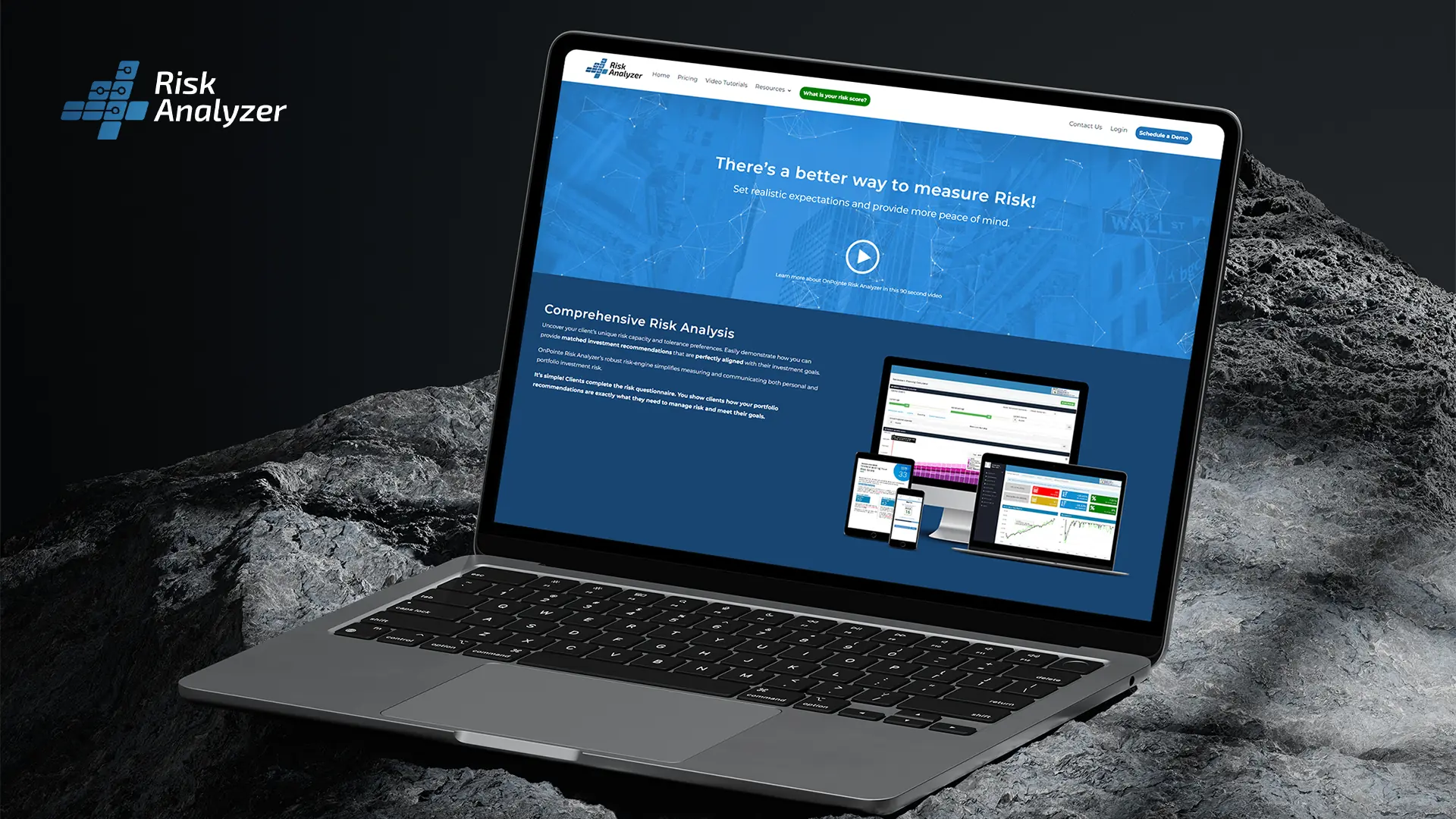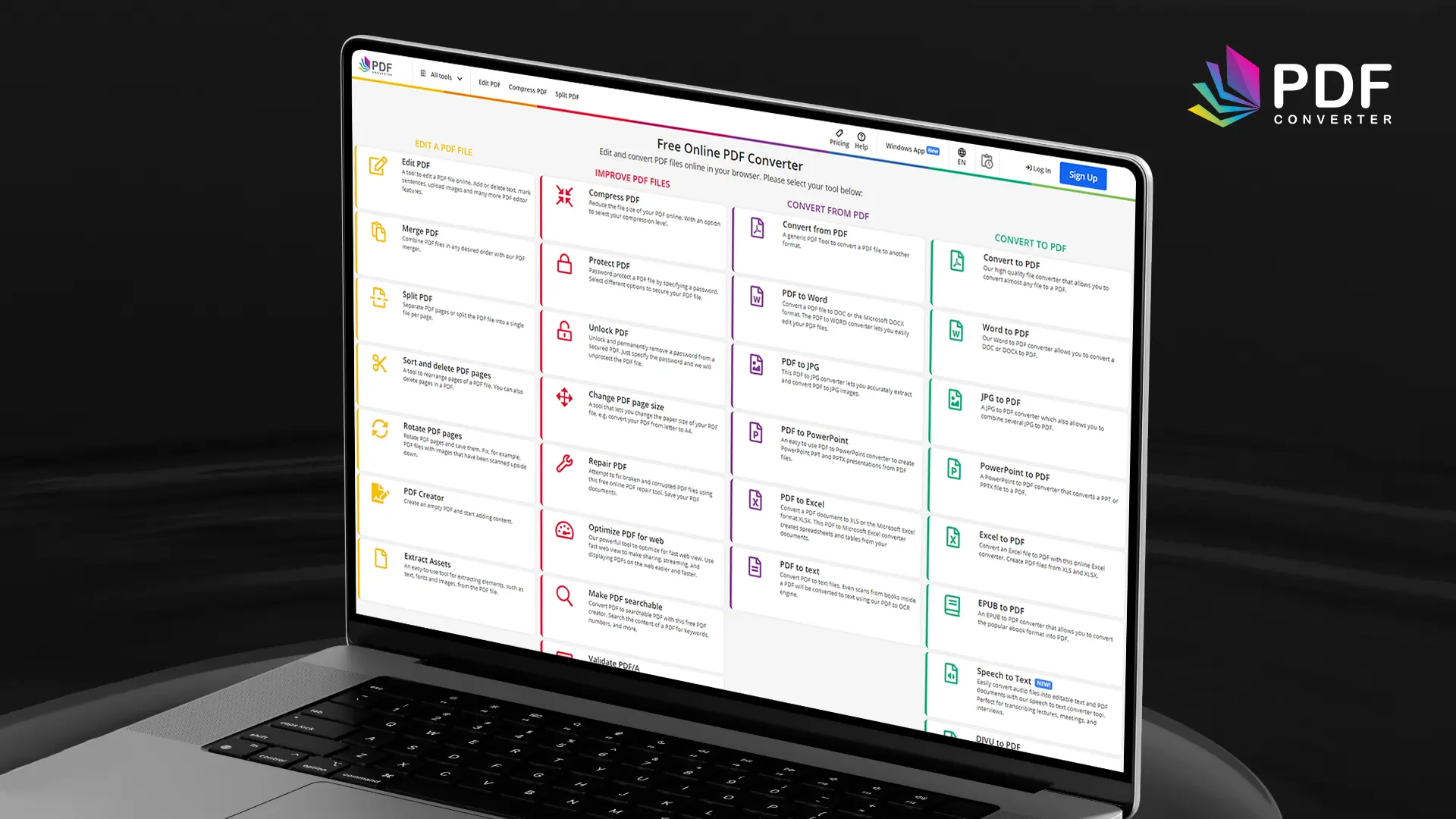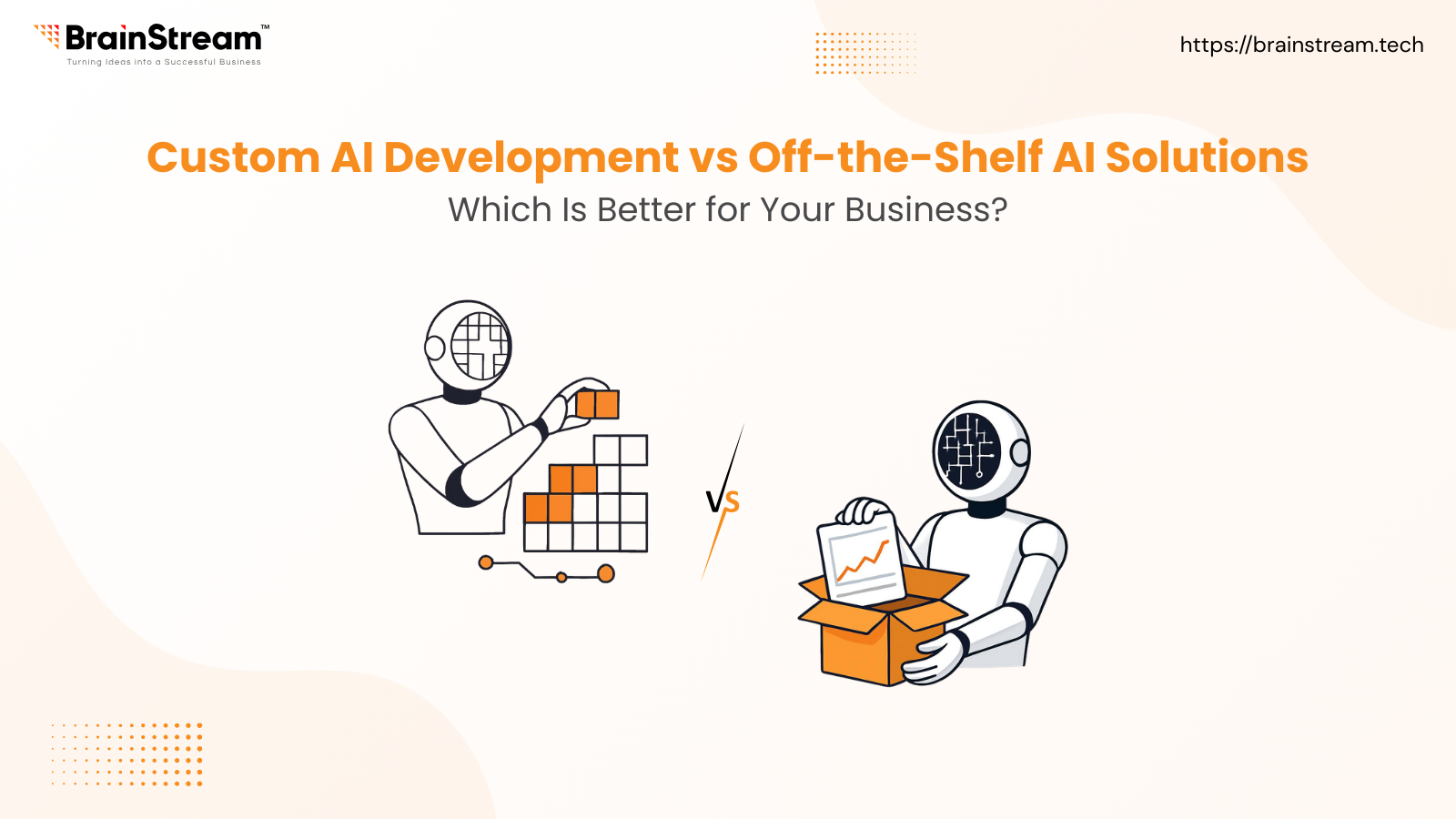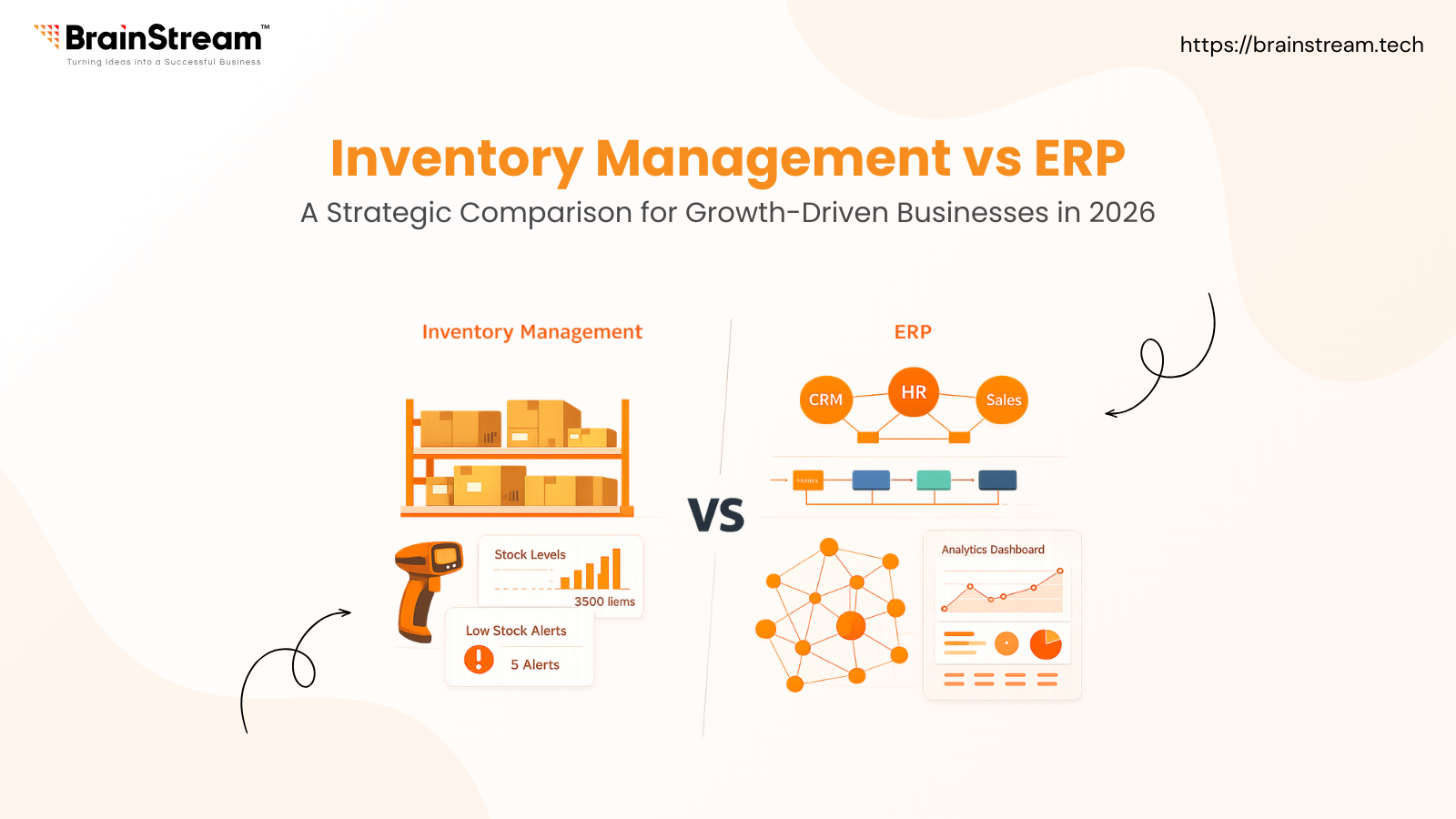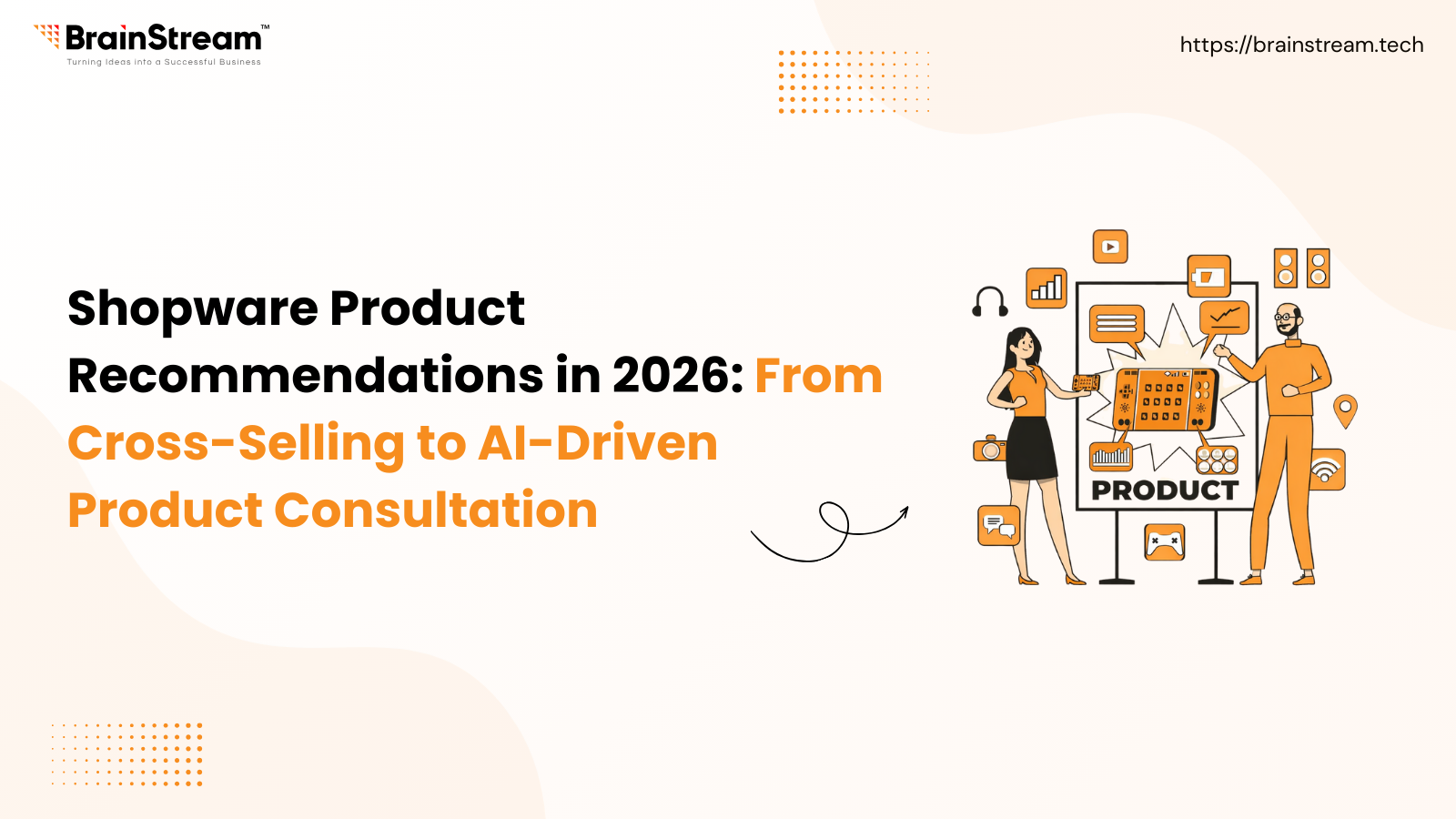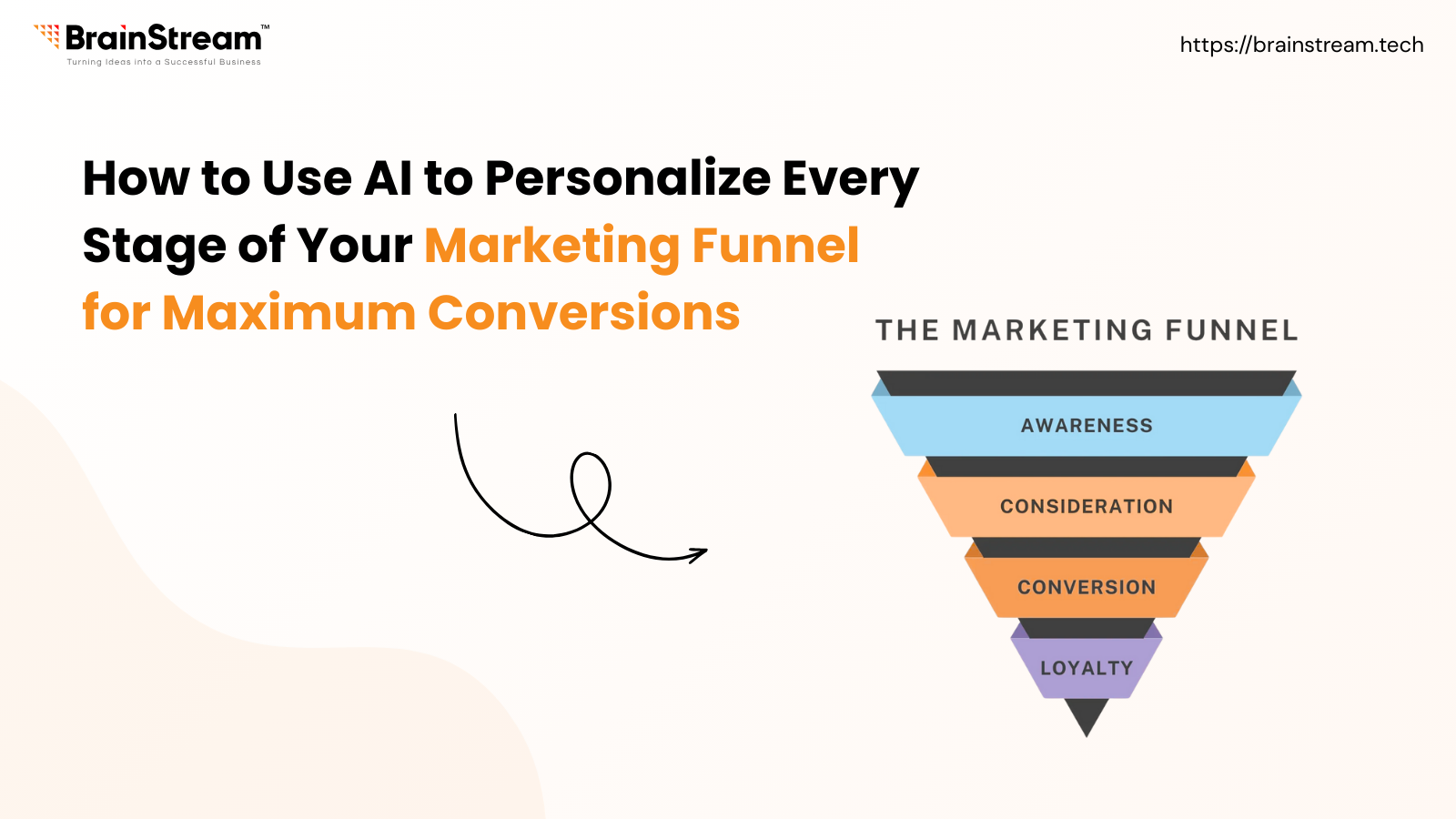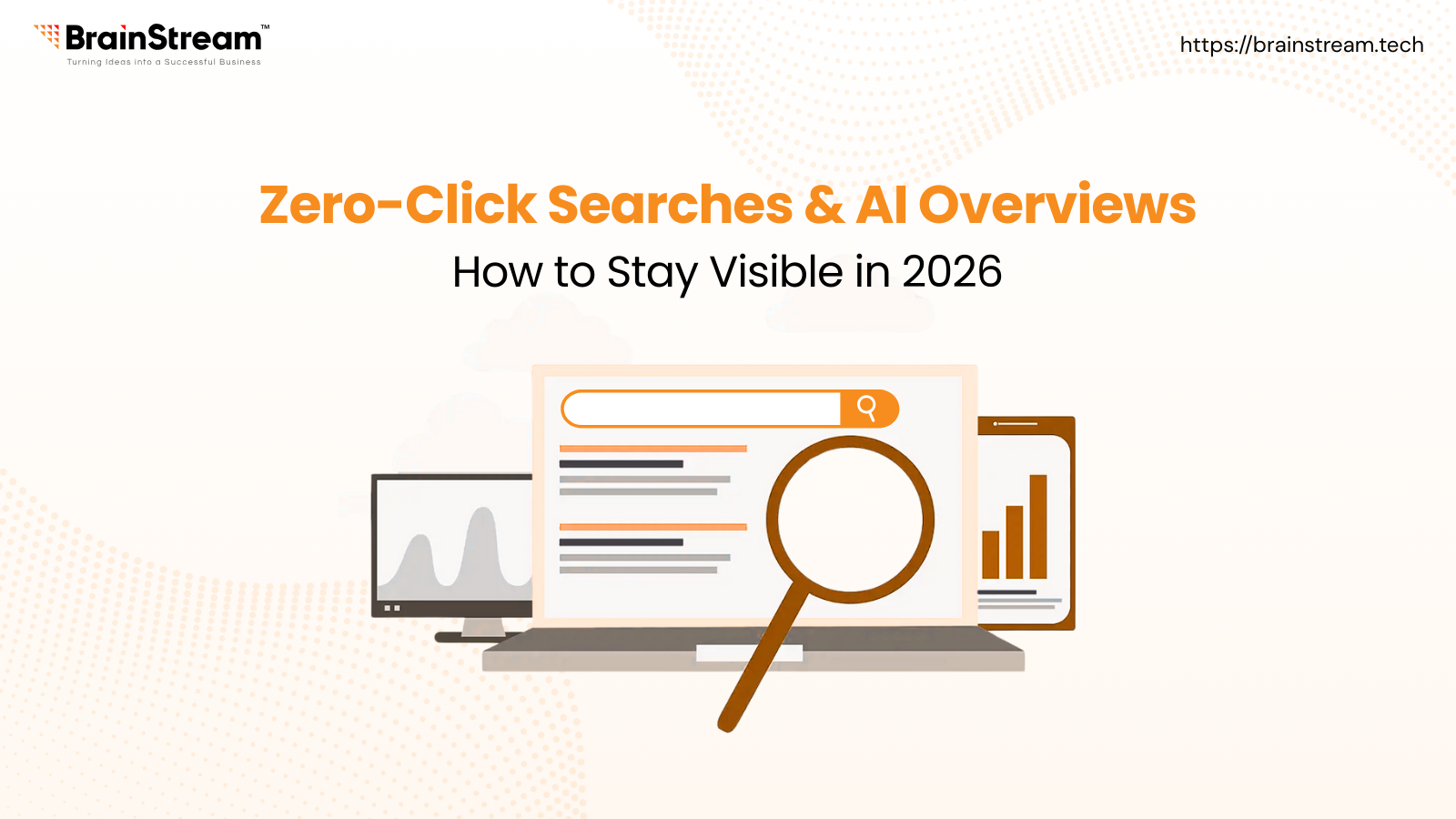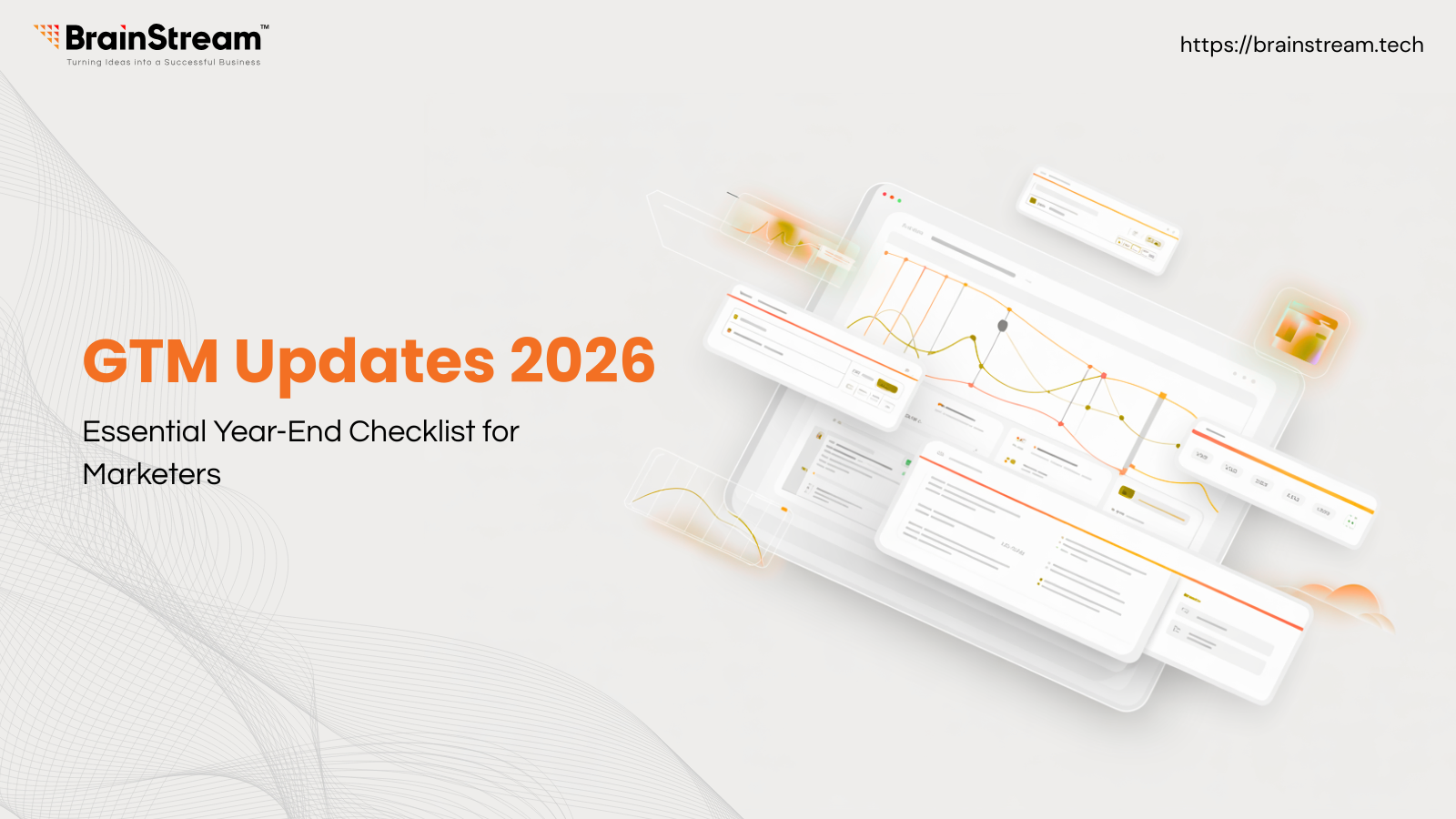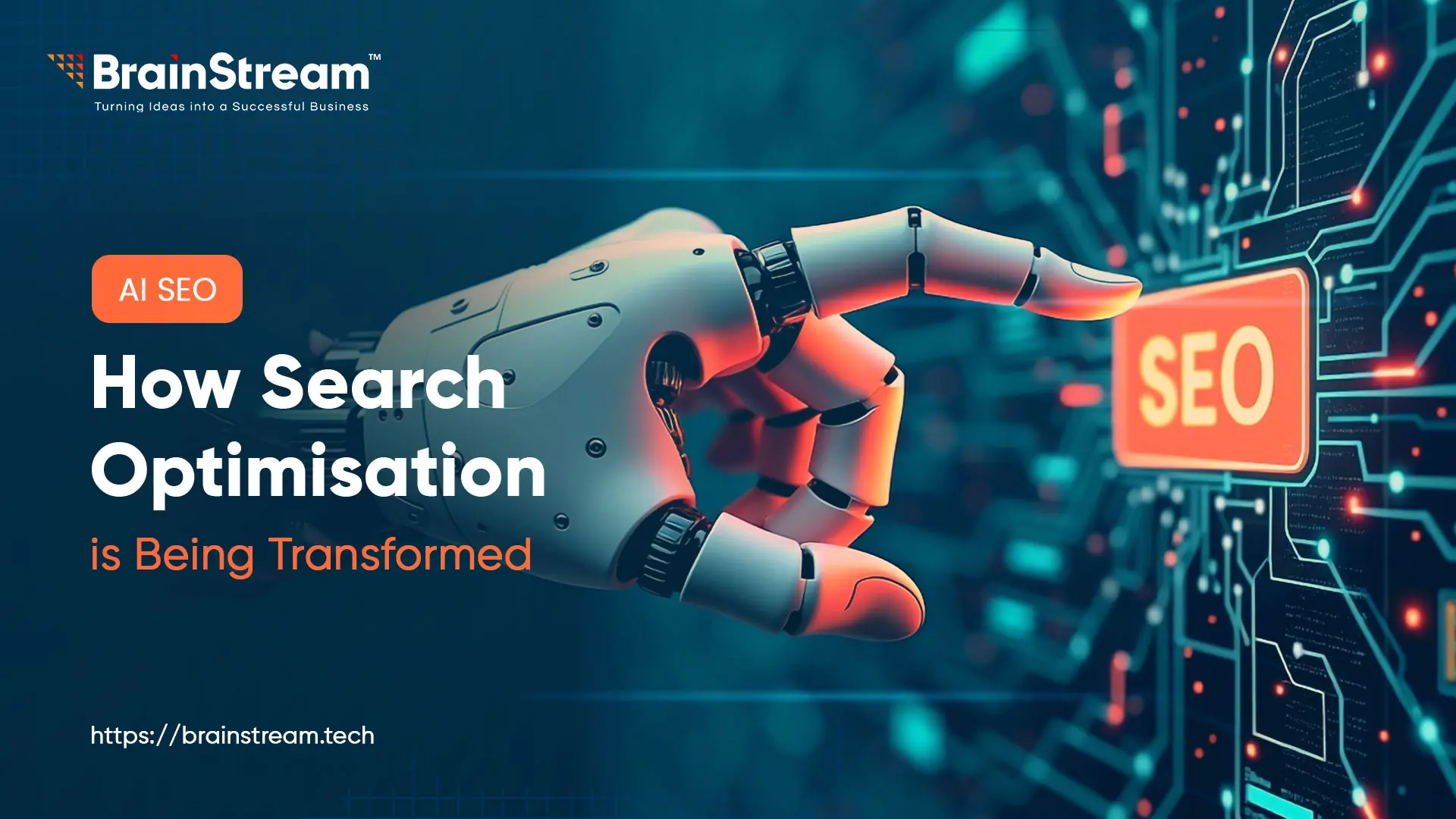
Summary:
AI SEO is revolutionizing digital marketing by enhancing traditional search engine optimization methods. It uses artificial intelligence to improve tasks like keyword research, content optimization, and performance analysis. As search engines evolve and user behavior shifts, AI helps businesses adapt by providing smarter, faster, and more accurate SEO strategies. This makes it easier to stay competitive and attract organic traffic in a constantly changing digital landscape.
May 30, 2025
Digital marketing depends much on SEO, or search engine optimization. It enables businesses to rank higher on search engines, thereby generating organic traffic and potential customers. But as search engines develop and user behaviour changes, conventional SEO strategies become insufficient. This is where AI SEO finds use.
From keyword research to content optimization, artificial intelligence is changing how SEO operates. We’ll cover what AI SEO is, how it operates, and how it could help you keep ahead of the competition in this article. This tutorial will equip you with the tools you need to future-proof your SEO strategy.
AI SEO Stands for?
AI SEO, or artificial intelligence (AI) technology applied to maximise the content of a website for search engines. The goals include higher rankings, more traffic, and better user experience. Using machine learning, natural language processing (NLP), and other AI-powered techniques, artificial intelligence SEO enhances SEO efficiency, accuracy, and personalisation.
AI is a disruptive power, not only a word used in search engine optimization. By automating content creation and undertaking more creative keyword research, artificial intelligence can simplify search engine optimization operations and increase results.
Artificial Intelligence's Role in SEO
Artificial intelligence (AI) is revolutionising how SEO professionals maximise their resources. SEO historically comprised arduous research, content creation, and backlinks. While these roles are still vital, artificial intelligence might help to automate and improve them, therefore saving time and improving effectiveness.
AI systems may, for instance, examine data and project which phrases would get the most traffic. AI can also understand the background of a user search, which lets websites offer data more in line with search intent.
How AI is Changing SEO: 5 Key Areas?

1. More Intelligent Keyword Search
Although keyword research is a fundamental part of SEO, in the fast-paced digital landscape of today outdated methods usually fail. By quickly assessing vast volumes of data, artificial intelligence is revolutionising the field and allowing SEO professionals to find highly performing keywords and trends with increased accuracy.
Conventional keyword exploration:
Traditionally, keyword research has meant using Google Keyword Planner to find highly used terms. Although effective, these techniques take effort and can overlook important terms meant for a certain group.
Using machine learning to examine search trends and user activity for keyword research, artificial intelligence tools such as Surfer SEO and Ahrefs analyse These instruments can identify long-tail keywords and searches more likely to convert, therefore providing valuable data for further improvement.
By helping you to better match your material to what customers are looking for, artificial intelligence may also assist you in grasping the search intent behind particular phrases.
2. Optimising and Generating Content
Excellent content development is absolutely essential for SEO effectiveness. It is not easy to produce material that not only appeals to your readers but also meets search engine algorithms, though. Artificial intelligence becomes relevant here.
AI-powered content tools like Jarvis and Frieze might generate material based on your keywords, therefore enabling you to create blog entries, product descriptions, and other web pages far faster. These tools also evaluate your content’s quality and suggest ways to improve SEO performance, relevance, and readability.
By analysis and suggestion, artificial intelligence enhances content optimization. For example, Clearscope and Surfer SEO examine the top-ranking sites for a certain keyword and suggest pertinent terms and phrases to include in your work for improved optimization.
3. On-page SEO: Programmatic Automation
Optimising many elements of your website—including titles, meta tags, images, and internal links—on-page SEO is AI that automates many of these operations to save time and increase efficiency, even when some of them could be finished manually.
On-page SEO audits offered by AI tools such as Moz and SEMrush may quickly evaluate your website content and suggest changes for best optimization. These tools evaluate keyword utilisation, meta descriptions, and readability to guarantee your work is search engine-friendly.
4. Link building and Artificial Intelligence—a Better Approach.
SEO has always benefited greatly from link development. Time-consuming traditional link-building techniques include guest blogging, content syndication, and outreach. Finding high-authority sites and suggesting valuable link-building opportunities is helping artificial intelligence accelerate this process.
5. AI and Voice Search: Future Optimising
As smart speakers and voice assistants like Siri, Alexa, and Google Assistant proliferate, speech search is becoming increasingly crucial. Optimising webpages for voice search depends in great part on artificial intelligence.
SEO techniques have to be changed suitably as voice search questions are generally longer and more conversational than ordinary text searches. AI might help you find voice search patterns, optimise for natural language searches, and make sure your website consistently answers common enquiries in line with voice search activity.
Why AI SEO is The Future of Search Optimization?

AI SEO is not a passing trend. It is shaping search engine optimization in several respects going forward:
Many of the labour-intensive SEO tasks, like keyword research, content creation, and technical audits, AI automates. This frees time and helps SEO experts to focus on innovative work and strategy.
Greater targeting: Since artificial intelligence can examine vast amounts of data, companies might have a greater understanding of their audience. AI helps to provide more tailored experiences and content that satisfy consumer expectations.
Artificial intelligence helps search engines to grasp the background of a user’s search query, therefore increasing their ability to produce pertinent results. Companies might use this approach to create material directly addressing consumer needs, therefore improving their ratings.
Artificial intelligence can analyse data-driven insights. More precise information produced from this helps you to improve your SEO strategy and maximise what counts.
Getting Started with AI SEO: A Step-by-Step Guide
How, then, may you start using artificial intelligence in your SEO plan? Here’s a basic guide to get you going:
Step 1: Invest in AI-powered SEO tools
There are many AI tools on the market that are designed to make your SEO process faster and more efficient. Some of the popular tools include:
- Ahrefs: For keyword research and backlink analysis.
- Surfer SEO: For content optimization and on-page audits.
- Frase: For AI-powered content generation and optimization.
- Clearscope: For content analysis and optimization.
Step 2: Focus on Search Intention.
Verify that your content reflects the search intent of the user. AI technology might help you identify what people are looking for when they input specific keywords, therefore guiding you to create material addressing their questions.
Step 3: Optimise for Voice Search.
Optimising for natural language searches is crucial as voice search becomes increasingly common. Analyse voice search trends using artificial intelligence to adjust your material to the conversational tone.
Step 4: Automate Repetitive Tasks
Automate content creation, technical audits, and keyword searches with artificial intelligence. This will give you more time to commit to other crucial facets of your SEO plan.
Conclusion
AI SEO is here to stay; hence, companies that adopt AI technology now will be more likely to succeed in today’s highly competitive digital environment. By automating monotonous tasks, improving content optimization, and gaining a better understanding of user intent, artificial intelligence can help you achieve better rankings and targeted visitors. Now is the moment to start, even if you haven’t employed artificial intelligence for SEO before.
Recall that AI is the correct technology to enable you to achieve exactly that—that of working smarter, not harder—the future of SEO is about.
Related Blog
Digital Marketing
How to Use AI to Personalize Every Stage of Your Marketing Funnel for Maximum Conversions
Personalization isn’t a "nice-to-have" anymore; it’s a must-have. Today’s audiences expect experiences tailored to their needs, preferences, behavior, and even mood. The problem? Most businesses still treat personalisation as an add-on rather than a core strategy. AI changes all of...
Digital Marketing
Zero-Click Searches & AI Overviews: How to Stay Visible in 2026
Search is changing faster than most businesses realise. If you’re still measuring success only by clicks, rankings, or traffic volume, 2026 might feel uncomfortable. Because the truth is simple: users no longer need to click to get answers. Google, Bing,...
Digital Marketing
GTM Updates 2026: Essential Year-End Checklist for Marketers
In the technologically exciting world of AI tools and data-intensive marketing platforms, Google Tag Manager (GTM) may seem outdated. However, this shouldn't detract from the fact that even in 2026, GTM will remain one of the most powerful tools in...

Keep up-to-date with our newsletter.
Sign up for our newsletter to receive weekly updates and news directly to your inbox.

